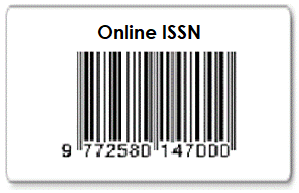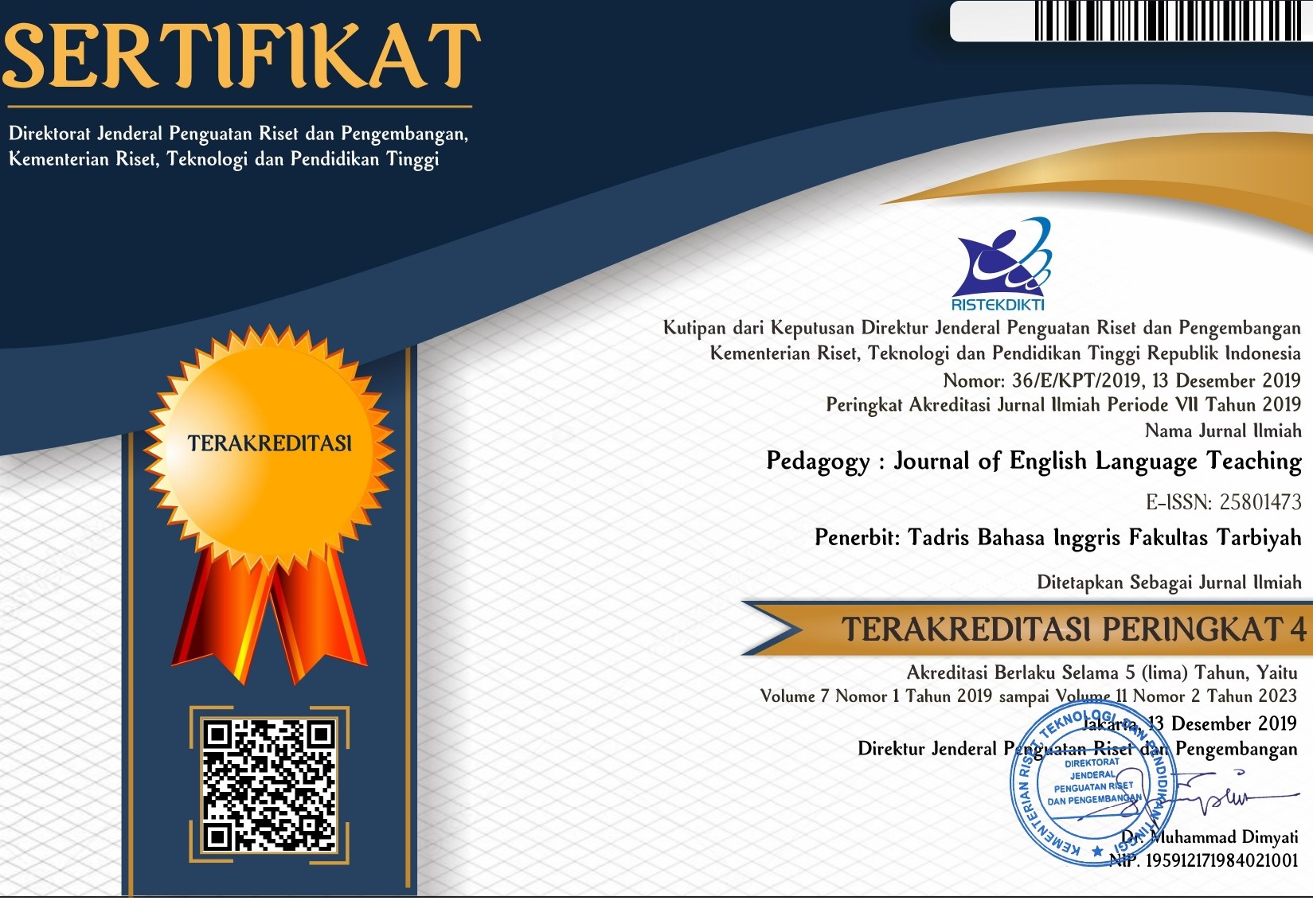Challenges Faced by English Teachers: Implementation of Higher Order Thinking Skills (HOTS) in Designing Assignments in East Indonesia
DOI:
https://doi.org/10.32332/pedagogy.v8i1.1688Keywords:
English Teachers, Higher Order Thinking Skills, Designing Assignment, East IndonesiaAbstract
Higher Order Thinking Skills (HOTS) have been implemented in Indonesia as part of the 21st Century learning to face Industry Revolution 4.0. The implementation of HOTS is also fully supported by the Minister of Education (MoE) considering, that those critical thinking skills are fundamental to facilitate the graduates with problem-solving and decision making. Nevertheless, very limited references discuss English teacher perceptions on the implementation of HOTS in terms of designing assignments for English learning. As HOTS implementation cannot be separated from the teachers’ role, the teachers are supposed to exhibit good skills in designing assignments by integrating HOTS aspects. The research question and objective of this study relate to the following issue: what are the challenges of designing HOTS assignments as perceived by English teachers in East Indonesia? The research participants were twenty Senior High School English teachers in Flores Island, East Nusa Tenggara, Indonesia. The researchers developed our research instruments, namely questionnaire, class observation, Focus Group Discussion (FGD), and interview. The data were subsequently cross-checked with the results from each instrument to triangulate the data consistency. This study indicated that the participants had a positive perception of designing HOTS assignments. However, the participants also faced challenges in its implementation. They were divided into three categories, namely: teachers’ knowledge, teachers’ preparation, and students’ limited ability. These findings also provided the reasons why English teachers need to construct positive awareness on the importance of HOTS in designing assignments to improve the quality of the English learning process.References
Downloads
Published
2020-05-28
Issue
Section
Articles
















